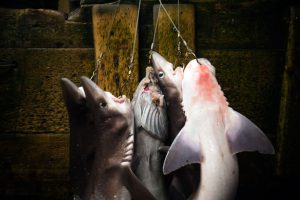
Wildlife
The great green shark hunt
Can British Columbia’s spiny dogfish make the grade as the world’s first “sustainable” shark fishery?
- 3319 words
- 14 minutes
Environment

Around the globe, fish are vanishing. Large-scale, industrial fishing is draining our oceans of life, but to solve the problem, we must confront our collective “environmental amnesia.” So argues marine biologist Daniel Pauly in a new book, Vanishing Fish: Shifting Baselines and the Future of Global Fisheries, out tomorrow from Greystone Books.
Pauly is the principal investigator of the University of British Columbia’s Sea Around Us initiative, which studies the impact fisheries have on marine ecosystems. Vanishing Fish is a synthesis of his decades of research and findings. Pauly maps out how industrial fishing has led us to the crisis we face — and what’s at stake if nothing is done. He proposes strategies to combat the crisis, comparing the ocean to a bank whose capital must be left intact. And he confronts our tendency to forget that our planet has a past stretching back far beyond our own lifetimes.
“We transform the world,” says Pauly, “but we don’t remember it.”
Read our interview with Pauly below, then check out Canadian Geographic’s Facebook page for a chance to win one of two copies of the book.
On the importance of fish around the world
The importance of fish varies strongly between regions. To people in Canada, fish is an addition to a rich, healthy diet. To people in developing countries, it might be the only source of macronutrients they have access to. There is an increasing trend nowadays to transfer fish from developing to rich countries. The demand is exploding and it’s literally taking the fish out of the mouths of people in some developing countries.
On the exploitation of fish and the planet’s oceans
Fisheries have always been here. Modern humans have always fished. But industrial fishing began from 1880 or so and, because it is so powerful, it depletes the stocks that it exploits. Throughout the 20th century, the geographic expansion of fisheries was amazing. This caused catches to increase enormously, but since the 1990s, it has led to decline. It’s as if, instead of taking the interest from capital that you have in the bank, you broke into the bank safe and took the capital. The result is that the catch now is declining worldwide. Fisheries cannot meet the demand anymore.
On shifting baselines and environmental amnesia
When we work for restoring the world, we are not ambitious. We always want to rebuild what was there when we were young, but not what was there when our grandparents were young. We assume the world as it was when we were young is the world as it should be.
That leads to the shifting of the standard that we use, which can mask big changes. For example, when people arrive in British Columbia, they find big trees and think they’re in a wild forest. But they don’t know how British Columbia might have looked before the clear-cutting on Vancouver Island took place. Or when people go to the Caribbean and are enchanted by the marine life and the reefs, but don’t realize that these reefs are ruins compared to what they were 50 years ago. We accept things that are degraded. We accept the present misery as a given. We adjust the baseline to a new level, and we don’t recall what was there.
Shifting baselines can be overcome, in part, by trying to reconstruct the past. For example, don’t look at scientific papers to know how big the fish were, but at newspapers. I am right now in western Australia, and you can find newspapers that, in 1910, talked about groupers that were two metres long. You don’t find those any more.
On protecting our oceans with small-scale fisheries
Small-scale fisheries are bound to a place. They cannot roam the ocean. You can have a longer coastline with a number of small-scale fishing operations, each of which is responsible for a stretch of the coast. This was the case in Newfoundland before industrial fishing began. The Newfoundland cod fisheries were extremely productive and caught enormous quantities. Then the industrial trawlers that came in the 1960s and 70s collapsed the stock, and the small-scale fisheries were broken. The stock had been maintained for 500 years and lots of people had work. Then, in about 30 years, we destroyed it.
On sustainability
Sustainability involves keeping the capital in the bank and skimming the interest it provides. You cannot overfish. You cannot deplete the stock and expect the fishery to continue. This is inherently a contradiction.
Sustainability is possible, but not the way we’re going about it. The public has to go beyond acting as consumers and act as citizens. Presently, in Canada, there’s a tendency to see the public as only a bunch of consumers, which is limiting; we’re also shapers of the political regime that we have. If we elect politicians who make the environment central to our lives, then we’ll be OK.

Wildlife
Can British Columbia’s spiny dogfish make the grade as the world’s first “sustainable” shark fishery?
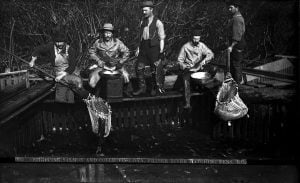
History
From their beginnings in the late 19th century, salmon hatcheries have gone from cure to band-aid to crutch. Now, we can’t live without manufactured fish.
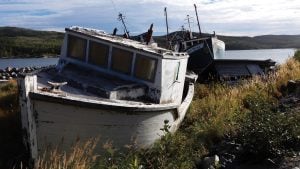
People & Culture
A moratorium on cod fishing that was supposed to last two years has now lasted 30. What will it take to rebuild cod stocks — and a way of life?
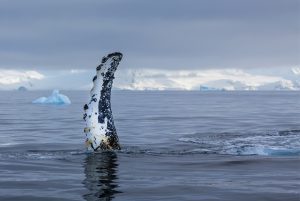
Environment
Ten years after the release of her seminal book Sea Sick, Alanna Mitchell again plumbs the depths of the latest research on the health of the world’s oceans — and comes up gasping
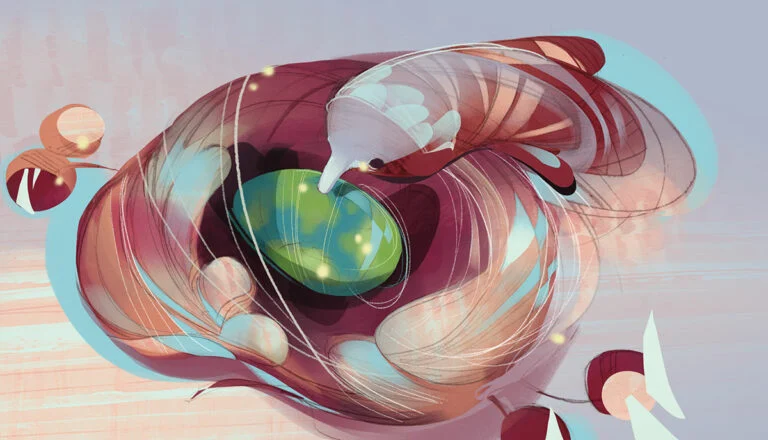
Environment
The planet is in the midst of drastic biodiversity loss that some experts think may be the next great species die-off. How did we get here and what can be done about it?

People & Culture
The history behind the Dundas name change and how Canadians are reckoning with place name changes across the country — from streets to provinces